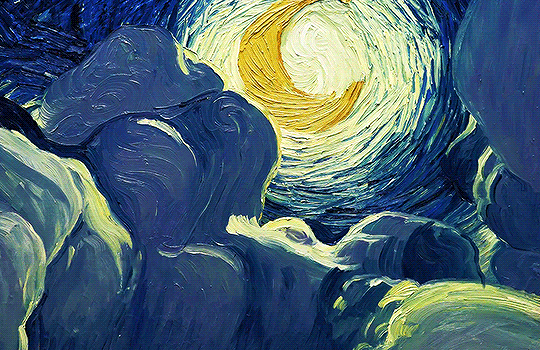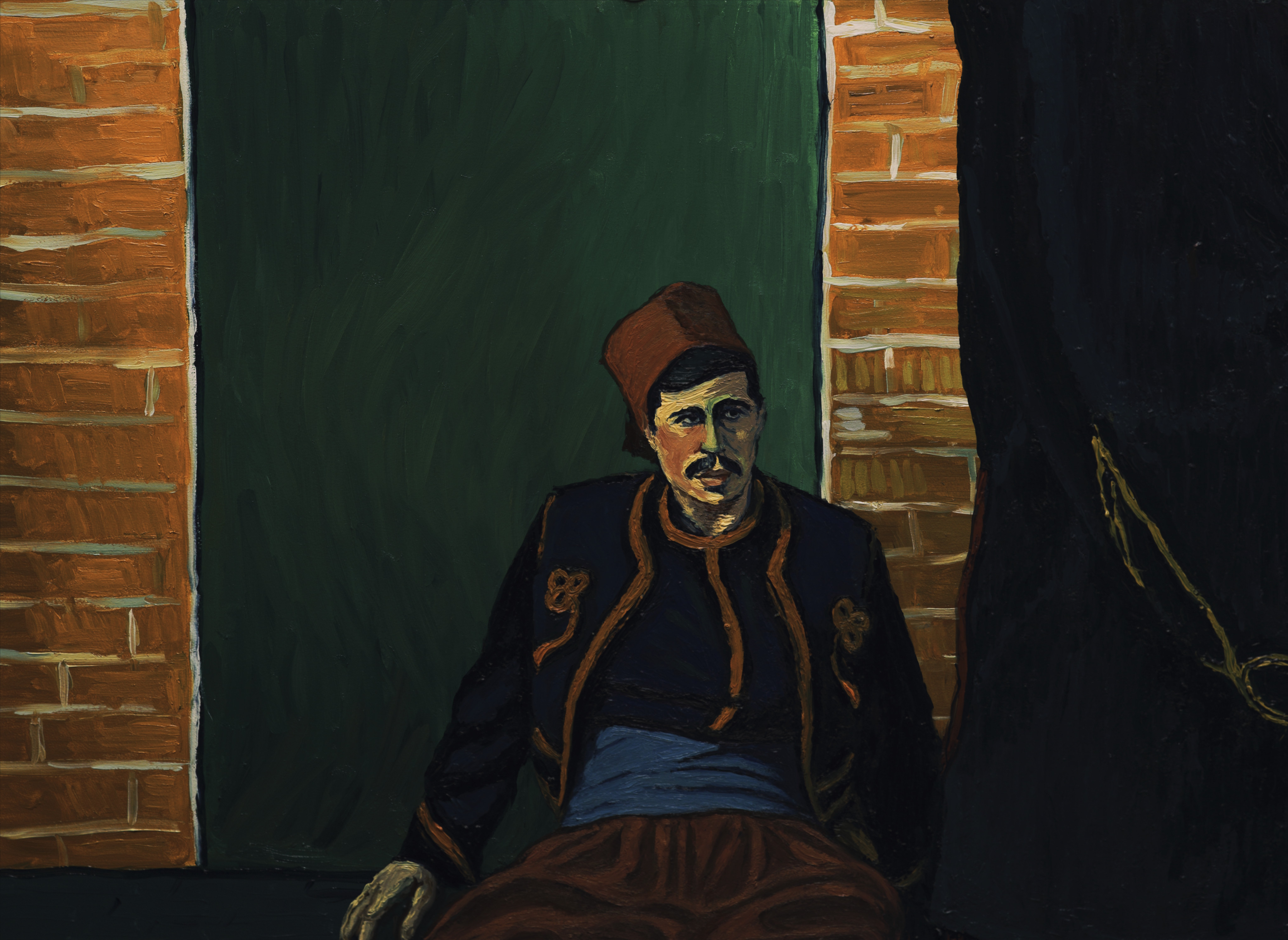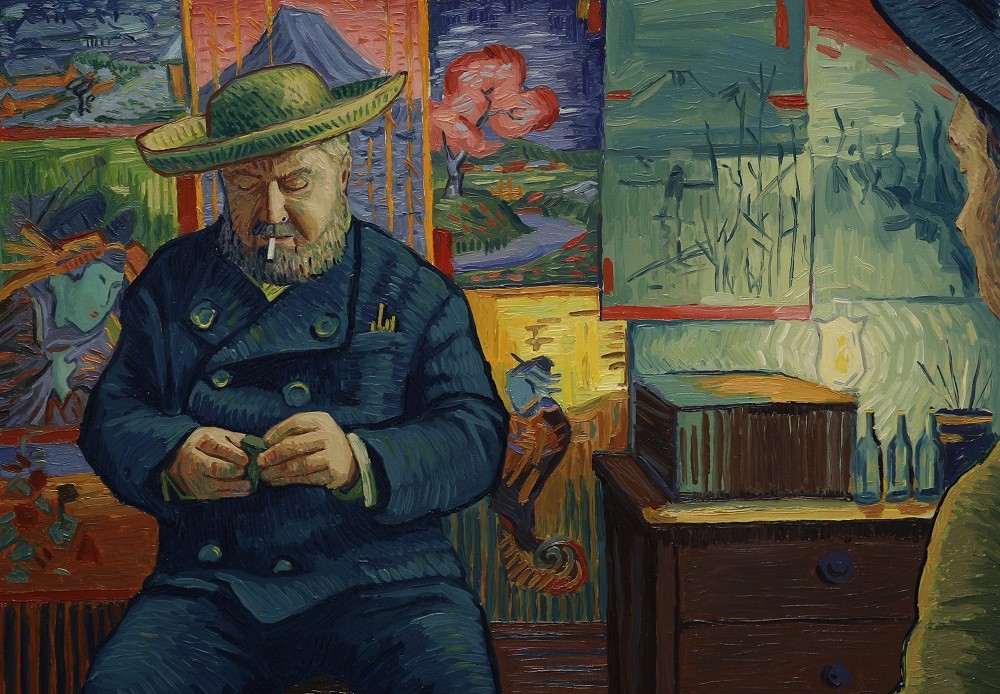
Brief Overview
Certain events affect our sense of control. It is a matter of balancing perception and reality. In motivation and emotion, there are two types of control: primary and secondary. Primary control focuses on changing the external elements to fit the needs and desires of our demands and secondary control works to control the internal processes to adjust to an undesired situation or outcome. If we lose our primary control due to an event or situation, we often reason those outcomes to luck, a greater being, or meaning in the uncontrollable. Secondary control acts as a method for coping from the stress or dissatisfaction of what couldn't be controlled; this can affect our motivation and behavior in a positive or negative way depending how we proceed with cognitive processes. The two controls are entwined and can shift from one to the other depending on the events or situations encountered.






Taking Action
Rarely is it possible to achieve something under one's own complete control. Throughout the film, Armand Roulin found himself in situations he thought he could avoid. His family was the talk of the town for helping the late Vincent van Gogh in his time of need and Armand sought out for control by silencing those who spoke badly of his family with his fists. He didn't understand why his father wanted him to deliver the letter; he refused. But out of remorse, he decided to take on this journey for his father.
"He was friends with the crazy. That's all I said!"

For Armand, he thought delivering the letter would be a simple task. He had no room to occupy thoughts on the estranged artist. He arrived in Paris only to be dissatisfied to find out from Pére Tanguy, Vincent's paint supplier, that Vincent's brother Theo had passed six months after his brother's death. Pére pointed out that their brotherly bond was significantly strong and died as "two hearts, one mind." Intrigued by his words, Armand asked questions about the relationship of the two brothers as Pére told him more than needed to, which only fed Armand's curiosity surrounding Vincent.
Consequently, the letter was without a recipient. What could Armand do now? He could have chosen for himself to go back home, toss the letter out, and move on with his life. But it felt like a let down to just end the journey there, and it would specially be a disappointment for his father if he came back home without accomplishing this simple task.
"For many artists, Paris is a final destination, but not for him. It was a stopover to learn what he needed to learn, and then he was off in search of his own path."

Armand took liberty to write his father a letter, letting him know that he was continuing on his journey to find the letter's new recipient in Auvers-sur-Oise. Throughout this journey, he met several people who had strong feelings for Vincent during his time there—some who hated Vincent and others who adored him. Armand took it upon himself to investigate and dig up answers, trying to make sense of why he shot himself.
At certain points in the film, Armand felt he was getting answers and other times he felt as if he was getting nowhere and was frustrated with himself, not knowing why he needed to seek for answers. But he was determined and persistent and his self-efficacy was high early on in his investigation. It wasn't until his first night at the Ravoux Inn that a change had happened within him. When Adeline produced an open letter from Vincent, Armand thought it was in poor taste to read another man's letter—but his desire to know more about Vincent got the best of him. The scene transitioned to a flashback of Vincent writing the letter, his words hauntingly spoken with care and yearning.
"The thing is the days seem like, seem like weeks. The days seem like weeks to me."
Shortly after Armand fell asleep reading the letter, there was an outline of Vincent smoking his pipe. The lines of reality and imagination blurred as the scene puts the viewers in Vincent's point of view the night he killed himself, leaving a trail of blood. The disturbingly surreal dream never showed Vincent's face, as he stumbled and paused in contemplation. Armand wakes up in a fright, experiencing a change in him. The supernatural causation was a turning point in the film which Armand had no answers for until he went out for a smoke to calm his nerves. He was taunted by a strange boy who threw rocks at him and chased after him into the night. The chase led him to a barn that felt eerily familiar. By some unknown power, his investigation took new heights.
His second day in Auvers-sur-Oise, with newfound motivation and striving, Armand began to explore and expand his investigation. From his paranormal dream, he knew that there had to been a reason Vincent died the way that he did. He found it strange that if it was suicide, why hadn't the artist pointed the gun at his head or chest?
When he found himself back at the barn, after chasing the strange boy that appeared before him again, Armand saw Louise Chevalier who came by to tell him Dr. Gachet was back and would be ready to see him the next day. He remembered when he first met her, Louise strongly disliked Vincent and did nothing but cause trouble, like slinking around with ill-mannered lads. At this point in the film, Armand was able to better piece together the stories he's collected from the people Vincent surrounded himself with. He found out Vincent had lingered around that very barn and deduced his suicide was perhaps an attempted murder.
"I decided to retrace the path that Vincent took with his easel that day because what I've been told doesn't add up. And strange things have been happening to me too, but don't worry, nothing I can't handle."

It seemed like Armand was in control of his investigation, but things fell apart when he pushed his implications and accusations too far that it led him without a place to stay, without company, and without a clear state of mind. He was frustrated and angered with how Vincent was treated by others, including himself. Something could have been done to prevented what had happened to Vincent that night. The past was out of Armand's control so to cope he drowned himself in alcohol at an open bar under the night sky. He saw the strange boy again, minding his own business when other patrons of the bar decided to bully him. Maybe it was to free himself of guilt, but Armand stepped in and fought back, like how others should have when Vincent was bullied.
For a man who had grown to hate Vincent, Armand was beginning to see through Vincent's eyes that he was nothing more than a passionate man with a lonely heart.


Comments
Post a Comment